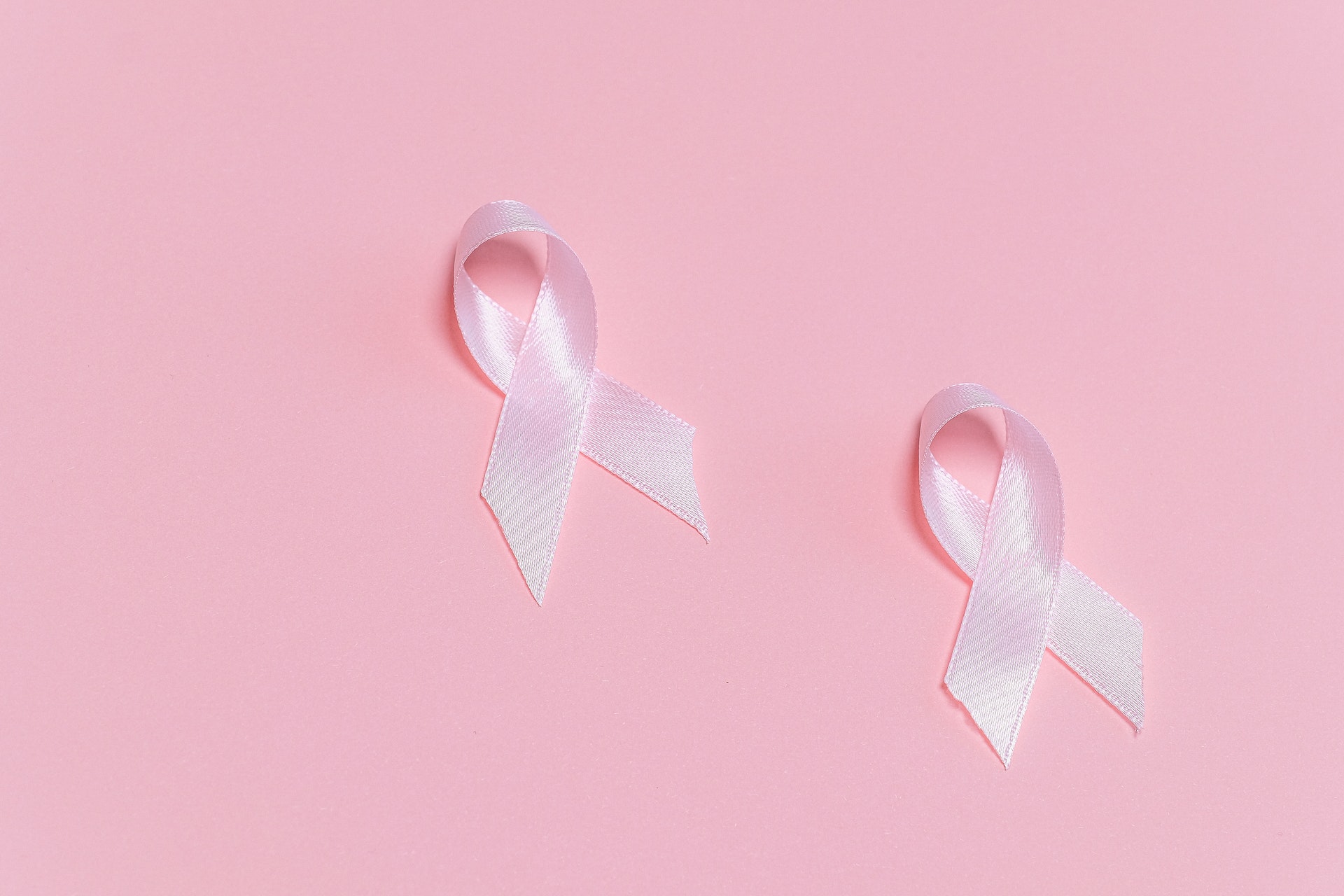We welcome the move by Gavi approving the relaunch of Gavi’s human papillomavirus vaccine with a goal to reach 86 million girls by 2025. In 2020, 340,000 women were killed by cervical cancer, mostly from Africa. In 2018, 140,000 deaths out of 266,000 cases of cervical cancer were recorded in Africa alone, with Eastern and Central Africa having the highest numbers. Nineteen out of the top twenty countries with a high burden of cervical cancer are in Sub-Saharan Africa. Countries in Africa with a higher prevalence of cervical cancer include; Ethiopia, Kenya, Uganda, Tanzania, Zambia, and Malawi.
The burden of cervical cancer among African women and girls tells a story that is beyond the disease. It is the story of gender inequality. Gender inequality is a recognized crucial social determinant of health. It is a fact that whatever the actual cause of disease, poor people will suffer the most consequence, and because women account for a higher percentage of poor people in Africa they suffer the most. Gender inequality is a major factor in cervical cancer as these women lack the resources to prevent and treat cervical health issues.
In Africa, healthcare is distributed as a commodity dependent on the ability of a patient to pay, rather than offer healthcare as a public good. Geographical inequalities in the distribution of healthcare facilities have shown that women in rural and informal settlement areas hardly get screened for cervical cancer; and even when available, challenges such as insufficient personnel, and inadequate diagnostics and treatment services make it difficult for these women to access early screening services. Many poor women present in late stages requiring radical interventions that combine costly surgery, radiotherapy, and chemotherapy, interventions which many of them cannot afford; and which can be averted with an early diagnosis that would reduce the disease burden as well as the cost of care.
Gender roles and opportunities also impact access to prevention and early treatment of cervical cancer. Educated and economically empowered women are more likely to access cervical cancer screening than poor and uneducated women as well as have autonomy and agency to make timely decisions regarding their health. Poor women have limited or non-existent access to screening and preventive measures while those who live in male-led households often have to get permission for their partners to access healthcare. Poor women do not receive the necessary information and resources to reduce their risk of developing the disease, leading to a significant gender disparity in both incidence and mortality rates. These factors have been corroborated in a study of HPV vaccine acceptability, for men it was more effective to correct misconceptions, promote healthcare provider recommendations and emphasize the perceived benefits of vaccination whereas, for women, it was more important to address gender norms and discrimination.
Ending Cervical cancer also means mitigating the current burden of Cervical Cancer. One, the government needs to intensify public health information, cervical screening, early diagnosis, and treatment. Secondly, we need to address harmful gender norms that disadvantage women from accessing the highest standard of health including reproductive health through providing education and behavioural change interventions on gender equity, human rights, and harm caused by gender-based discrimination. Finally, states and development partners need to intensify the provision of social and economic resources to increase economic independence and decision-making power for women.


You need to take part in a contest for one of the most useful websites on the net. I am going to highly recommend this site!
I want to to thank you for this very good read!! I definitely enjoyed every bit of it. I have you bookmarked to check out new things you postÖ
Im extremely pleased to find this web site. I want to to thank you for your time for this particularly wonderful read!! I definitely savored every part of it and i also have you book-marked to see new information in your web site.
Im pretty pleased to discover this page. I wanted to thank you for ones time for this fantastic read!! I definitely really liked every bit of it and i also have you saved as a favorite to see new things in your blog.
Hey there! I could have sworn I’ve been to this blog before but after browsing through some of the post I realized it’s new to me. Nonetheless, I’m definitely glad I found it and I’ll be book-marking and checking back often!
Universities and other partners will have a key role to play in research and … can play